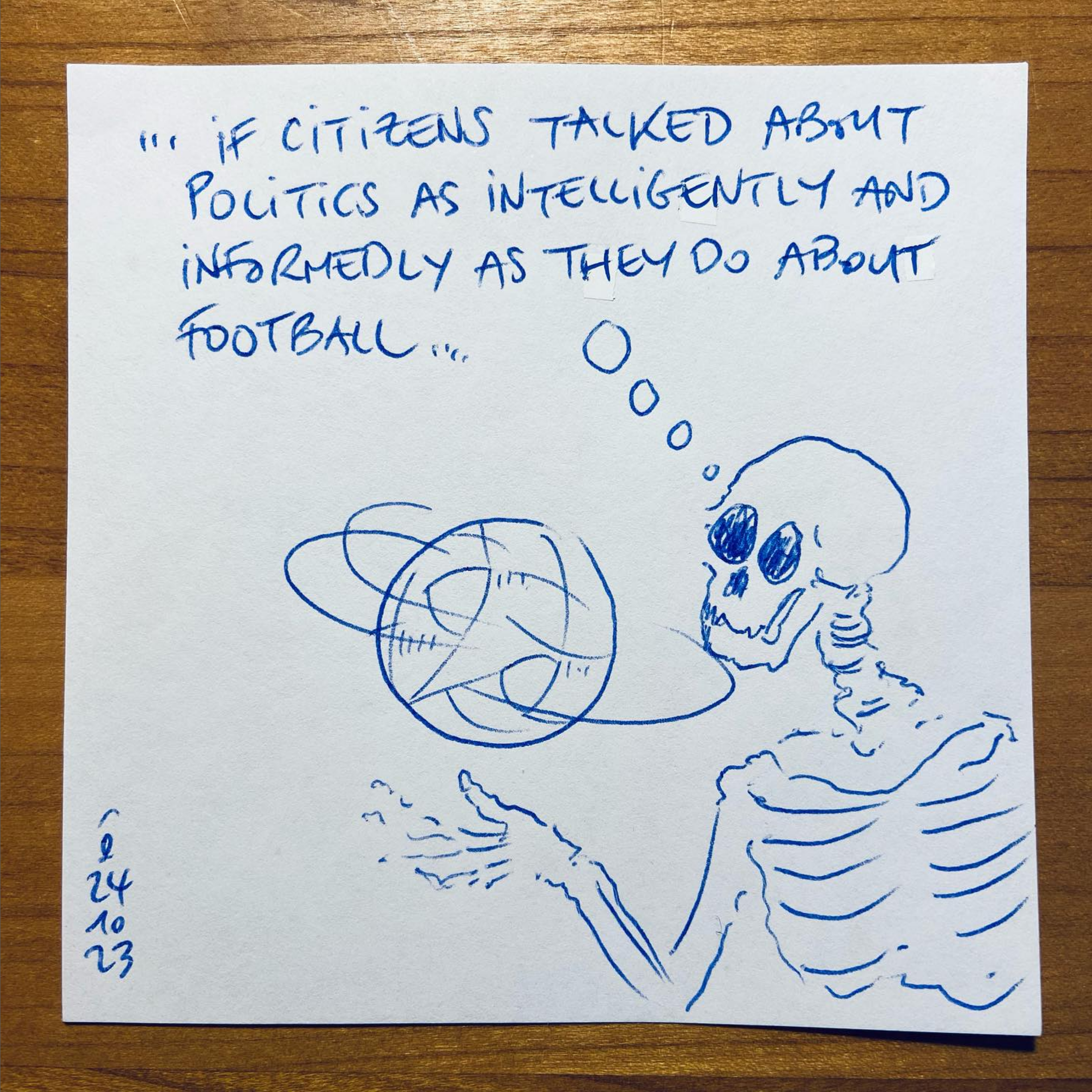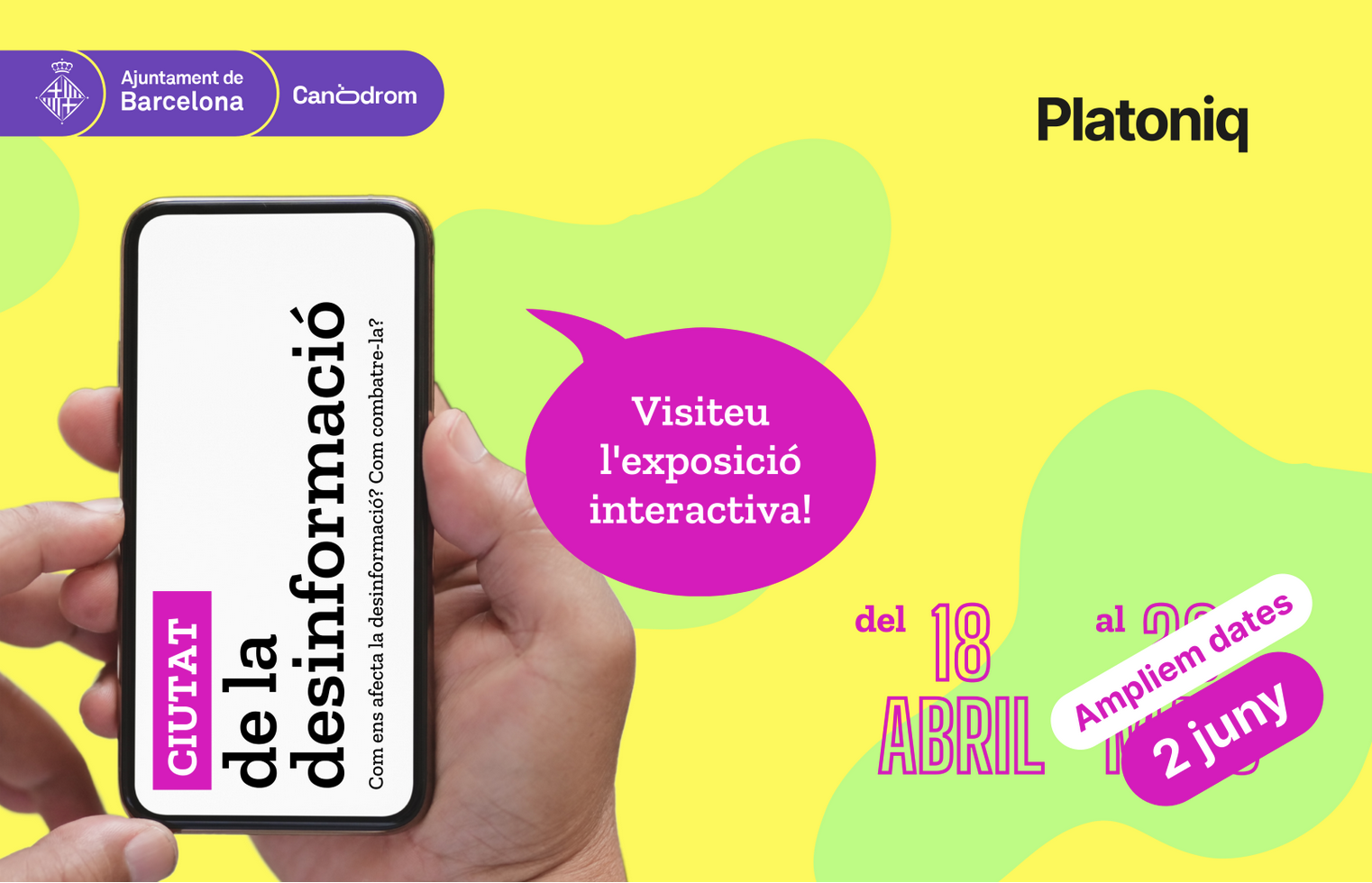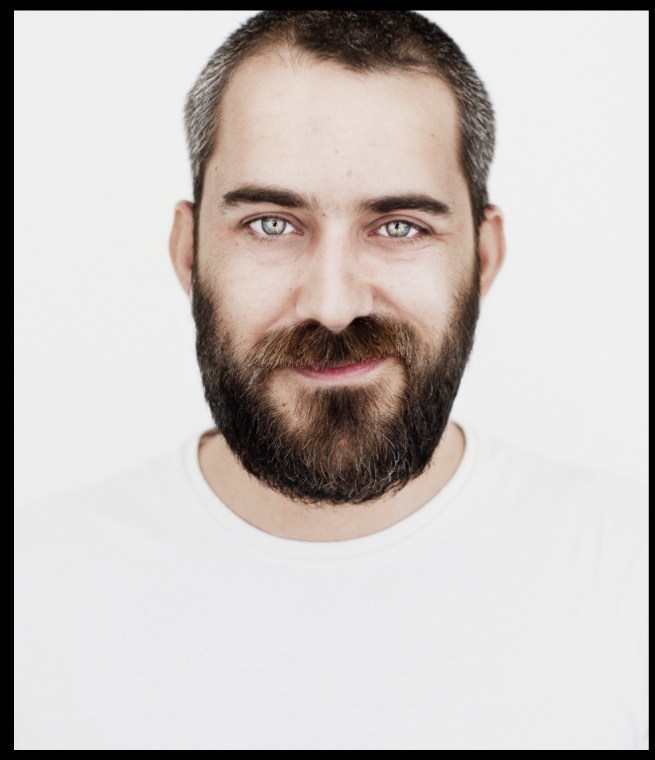
In the “City of disinformation” you never know what is true and what is a lie. The exhibition presents a labyrinth of news to learn how to identify and combat fake news.
Young people and adolescents receive some 237 notifications a day, 41% of which are the result of their use of social networks. In addition, instant messaging, online games and, to a much lesser extent, e-mailing and video or audio streaming platforms. On average, kids spend between 4 and 5 hours in front of their phones. It is not surprising then that, in such a hyper-communicated environment, the chances of one of these youngsters sharing a piece of news and it being received on thousands of devices in a matter of seconds without validating its veracity is highly probable. In fact, according to a Reuters poll, almost 30% of the EU population said they have been exposed to fake news or misinformation often or very often.
How to combat this phenomenon?
Moreover, how to do so with people who are developing their skills to critically distinguish information from mere opinion, and to do so with a focus on respect and social justice?
As a result of the residency at the Canodrome, an athenaeum for digital and democratic innovation, and with the support of the Barcelona City Council, the Platoniq Foundation has developed in exhibition format the results of the media literacy project SMILES (Youth against disinformation), which brings together entities from the Netherlands, Spain and Belgium including libraries, media literacy organizations and research institutes, with the aim of developing, testing and monitoring the effectiveness of an innovative educational approach to combat the spread of disinformation.

Designed to be visited by schools and high schools, the exhibition is designed to help everyone understand the mechanism that operates behind the false news and help to identify them based on the emotion they generate. An element, this one of the emotions, which allows students to connect with the subject immediately.
During the exhibition, which was visited by more than a hundred students, we traveled from the screen to the physical world, discovering the different types of false information and the impact it has on our society and our lives. Measuring the impact of misinformation and identifying the warning signs is the foundation needed to make informed decisions. Failure to do so destroys democracy as we know it.
I learned to question the things I see on the internet. I used to think everything online was true, but now I know I need to do more research before I believe it.
A fake news spreads faster, farther and reaches more people than true information. A cocktail perfectly designed to manipulate, polarize and, why not, entertain, distancing us day by day, message by message, from the capacity we have to embrace controversy and keep us in complexity, in short, to generate bonds between those who think differently.
Towards a digital policy co-designed by young people
As part of this project, the Platoniq Foundation, with support from the Generalitat de Catalunya has embarked on an incubation facilitated by experts and mentors from the People Powered network, where it will develop the foundations of a Citizen Dialogue aimed at enabling young Catalans to develop new digital policies that affect them from an intersectional, gender perspective that takes into account the digital divide and seeks to design more inclusive environments capable of making the digital world more accessible.
If you are between 14 and 25 years old and you are concerned about the influence that the development of the digital environment can have on your life, write to us, let’s design together the future of the Internet!



